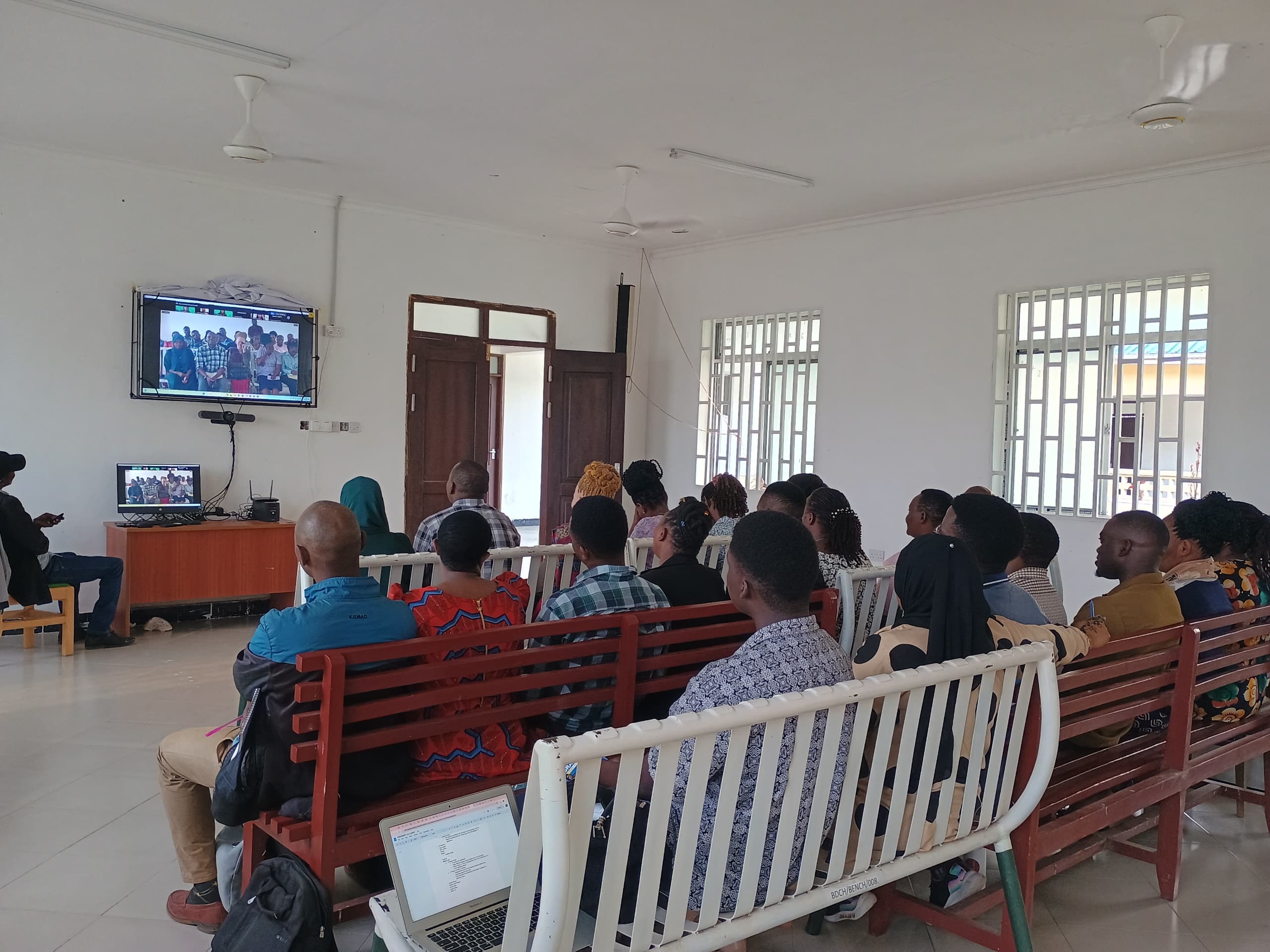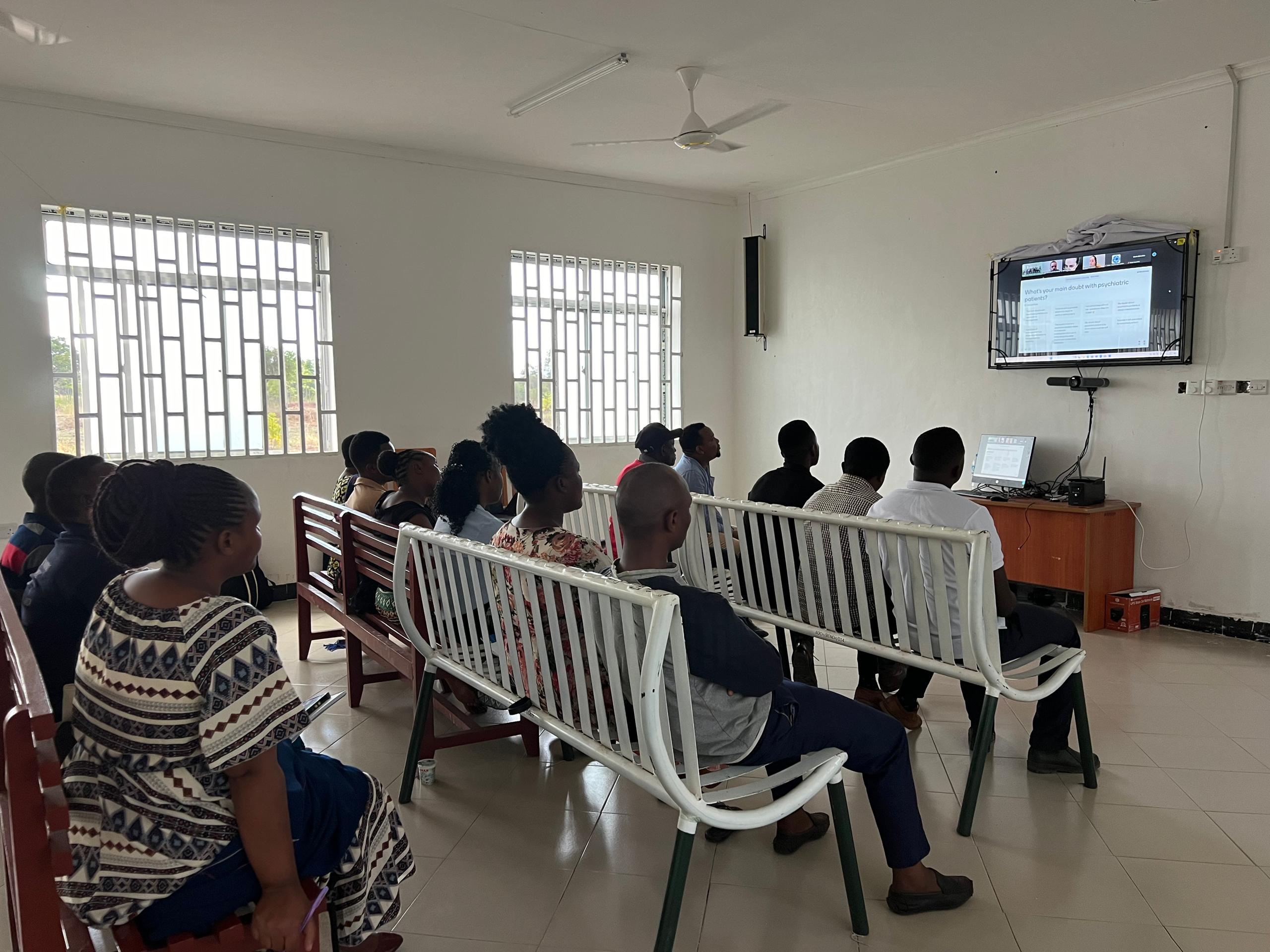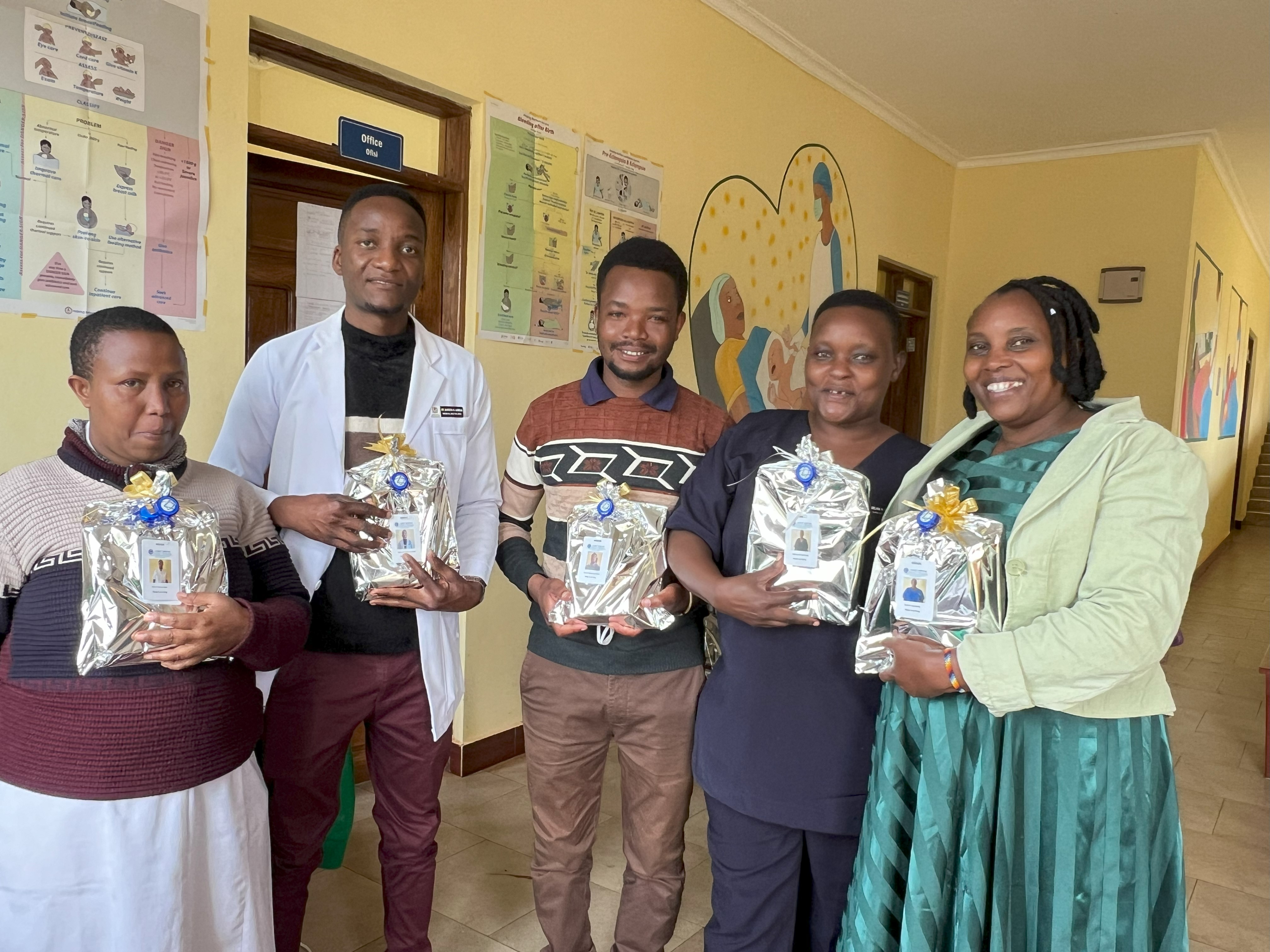Categories:
- Health
Status:
Start Date:
Cost:
Increase Medical Staff Proficiency
Medical education and staff exchange with Albert Einstein Israelite Hospital in Brazil
The Albert Einstein Israelite Hospital is a Brazilian private hospital, located in the Morumbi district, on the south side of São Paulo. It is considered the best hospital in Latin America and in 2024 it was ranked among the top 30 best hospitals in the world by a Newsweek survey of specialists and patients. Although a private hospital, the institution is based on a charitable foundation and also attends patients through the Brazilian public health system. And it hosts one of the primary nursing and medical schools in the country.
In 2024 the Karimu Foundation, in partnership with Hospital Albert Einstein and Babati District, successfully completed a pilot project aimed at training healthcare professionals in the Babati district of Tanzania, Africa. The program provided free training to 16 doctors and nurses, with the overarching goal of improving healthcare services in a region where the organization actively combats extreme poverty.
The pilot program focused on emergency medicine and covered 4 main areas: psychiatric evaluation, pediatric trauma evaluation, geriatric patient evaluation, and clinical and trauma evaluation in pregnant women. It was delivered remotely through a hybrid approach including educational materials, recorded video lessons that the participants watched together, biweekly live video conference sessions, and evaluations.
The emergency medicine course was translated into English for the pilot. During live sessions, Einstein specialists interacted with participants in English, reinforcing and expanding the knowledge gained from the video and written content. This hybrid learning model offered a flexible and in-depth educational experience.


This course was offered to invited doctors and nurses from facilities across the Babati district. Twenty-nine registered for the program, but thirteen dropped out citing lack of commitment or inability to attend sessions. The only incentive for taking the program was increased professional development and service to the community as this did not have any personal financial incentive associated with it. Sixteen participants completed the course and fourteen graduated successfully representing a 48% pass rate. The two candidates not passing will retake the course starting in January.

Even with the lower pass rate, feedback from participating staff have noted key improvements in:
-
Enhanced Patient Handling - Staff reported better skills in managing patients with mental disorders and dealing with aggressive behavior. This has contributed to a safer and more compassionate environment for both patients and healthcare providers.
-
Improved Management of Hemorrhagic and Hypertensive Disorders in Pregnant Women - The training significantly enhanced the medical staff's ability to manage critical cases of hemorrhagic disorders, including postpartum hemorrhage (PPH) and antepartum hemorrhage. Additionally, it strengthened their skills in handling hypertensive disorders during pregnancy, such as preeclampsia and eclampsia. These improvements have greatly contributed to elevating the quality of maternal healthcare services and ensuring better outcomes for both mothers and their babies.
-
Advanced Trauma Management Techniques - Medical staff highlighted a critical adjustment in their trauma management approach. Previously, they followed the standard ABCDE protocol, but the training introduced the updated XABCDE protocol. This refinement ensures life-threatening external hemorrhage (X) is prioritized before airway management, leading to more effective trauma care.
These advancements underscore the importance of continuous professional development in improving healthcare delivery. The medical staff expressed their appreciation for the training and emphasized its relevance to their daily duties.
Albert Einstein covered the trainer costs while the government provided the meeting venue and Karimu paid for food and drinks and internet service.
Following the success of the pilot project, the following activities are planned for 2025
-
Prepare a contract formalizing the components of our partnership and the roles of each organization including continuation of the training, medical residencies for Brazilian medical students/residents/doctors, and possible internships for Tanzanian doctors in Brazil.
This project exemplifies the power of global collaboration in advancing healthcare and underscores the commitment of the Karimu Foundation and Albert Einstein Israelite Hospital to fostering sustainable improvements in underserved communities.
Benefits:
-
Improved healthcare for the Babati district residents
Cost:
-
Karimu cost $1620
-
Government: Venue
-
Einstein: Offering their trainers free of charge


